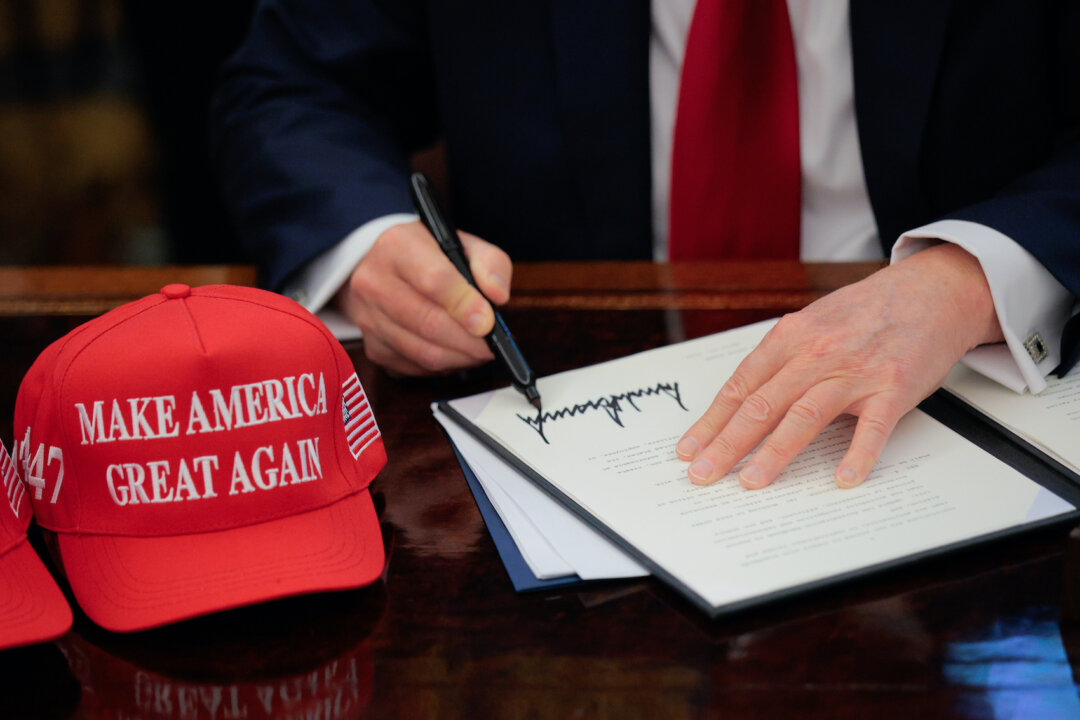The order directs agencies to certify that continuing employment for any probationary employee ‘advances the public interest’ before they can gain tenure.
President Donald Trump is ordering a major overhaul to the process by which agencies evaluate probationary federal workers before they can gain full employment status and job protections.
In an April 24 executive order, titled “Strengthening Probationary Periods in the Federal Service,” the president directs federal agency heads to actively certify that continuing employment for any probationary employee “advances the public interest” before they can gain tenure.
Agencies must also use probationary and trial periods, usually within a year, to assess employees’ fitness and alignment with agency needs before granting them full federal employment status.
Trump’s order accuses agencies of previously failing to remove poor performers, and alleges they “often retained and [gave] tenure to underperforming employees who should have been screened out during their probationary period.”
The order is the president’s latest effort to overhaul and remold the federal workforce. On April 17, Trump signed a memorandum extending a hiring freeze for federal civilian employees through July 15.
The next day, Trump said he would implement a previous executive order directing the Office of Personnel Management to issue new civil service regulations for career government employees.
“Moving forward, career government employees, working on policy matters, will be classified as ‘Schedule Policy/Career,’ and will be held to the highest standards of conduct and performance,” he said.
Trump’s efforts to reshape the federal workforce have been met with multiple lawsuits contesting the legality of his policies, including his decision to fire tens of thousands of probationary workers earlier this year.
According to the fact sheet for April 24’s order, federal agencies are required to review all current probationary employees and assign evaluators within 15 days.
At least 60 days before an employee’s probationary period ends, agencies must meet with the worker to discuss performance and continued employment that meets the agency’s needs and advances the “public interest,” the order states.
Additionally, within 30 days of the end of each employee’s probationary or trial period, each agency head or a designated individual must determine whether the employee should be appointed to federal service or terminated.
Employees on probationary or trial periods also bear the “burden of demonstrating why their continuation in employment through … their appointment to the Federal service is in the public interest,” the order states.
Trump’s order takes effect immediately and directs the Office of Personnel Management to create new regulations and provide guidance to federal departments.
The director of that office may also define circumstances and procedures by which probationary or trial-period employees may appeal their terminations.
T.J. Muscaro contributed to this report.

